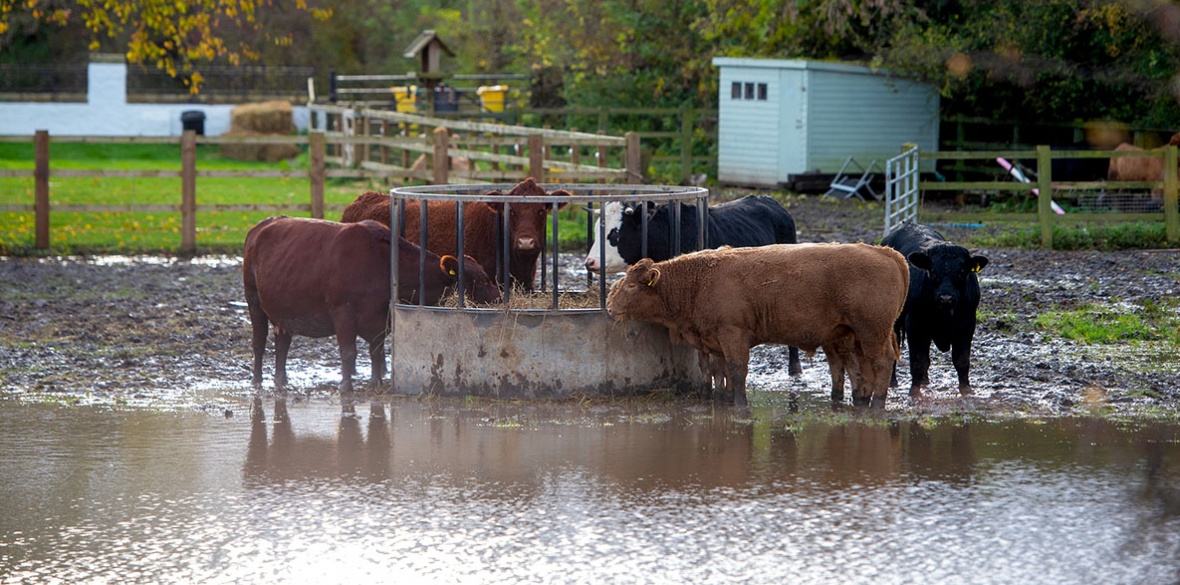Positive masculinity and Andrew Tate
As Andrew Tate faces legal scrutiny for his behaviour and toxic views, critics argue for positive masculinity role models
Unless you’ve been living in the woods, off the grid and with no social media, you will have heard of the misogynist mouthpiece Andrew Tate. He strives to be as bold in his appearance as he is in his views and has been searched online more than disgraced former president Donald Trump.
On the surface, Tate’s online ‘advice’ seems pretty harmless: ‘Making money’ and ‘How to approach women’ being typical neo-liberal individualist ‘self-help’ nonsense. He’s also given too much credit for being ‘self-made’, when, in fact, he inherited his wealth from his father.
Who is Andrew Tate?
So, who is Andrew Tate? Tate is an ex-champion kickboxer, described by the BBC as a “self-proclaimed misogynist influencer”. He first gained notoriety after being expelled from Big Brother in 2016, following release of video footage that showed him apparently assaulting a woman. His delightful views include that women should bear responsibility for being sexually assaulted and that he is the “king of toxic masculinity” (he openly declares himself a misogynist).
He’s undoubtedly an adept exponent of social media, using platforms such as TikTok to push out his harmful messages in quick time to teenagers (though he has since been banned on a number of these platforms). To the average person, a lot of Tate’s schtick can appear harmless and perhaps even helpful. However, something more sinister is at play. Underlying Tate’s message is a twisted right-wing narrative that degrades women and belittles mental health problems.
Dangerous rhetoric and revolting deeds
Tate typically will make deliberately inflammatory statements such as “depression isn’t real”, which are very hurtful and damaging to people experiencing mental health difficulties. But his depravity isn’t restricted to incendiary online statements. He is under legal scrutiny for trafficking women (which he openly admitted to on his website) and multiple allegations of sexual assault. However you look at his behaviour, it’s objectively awful … yet his fanatics will defend him to the end. The situation is so dire that teachers have issued public warnings about the levels of misogyny Tate is influencing.
Falling into Tate’s web
Tate’s followers are mainly teenaged boys and young men. Those experiencing difficulties, such as relationship breakup or self-esteem issues, may be especially vulnerable to falling into the grasp of Tate’s harmful rhetoric. And many find it difficult to remove themselves from his influence.
Tate is able to present himself differently to different people by cunning (certainly not smart) use of social media algorithms. His ‘Hustlers University’ ($49 per month) gains traction by exploiting young people to share his bonkers content on social media. Tate’s acolytes begin to parrot his poisonous ideas, spreading the toxicity, both online and in real life.
Fighting Tate’s influence
Simply banning Tate is not the answer. Tate’s support will be driven underground and become both more attractive to his disciples and more sinister. In fact, it’s imperative we propose alternatives, as the late Bell Hooks writes in The Will to Change: “ … masculinity is to wear a mask” to hide one’s true feelings. It’s preposterous to suggest that showing feelings and displaying empathy makes you “less of a man”. It’s quite the opposite. Instead, we – especially boys and young men – should be taught to regard attributes such as honour, valour and forgiveness as ‘masculine’ values.
Reclaiming and redefining masculinity
The image of ‘the perfect man’ does not exist. Nothing can be perfect and, in any case, what even is masculinity? There are too many conflicting definitions. I, for instance, might imagine the caring and righteous cowboy on horseback saying ‘Hey there partner do you need a hand?’ (even though there could be negative historical connotations around the colonisation of the American West associated with cowboys). Whatever the imagery, ordinary, kind folk always recognise and root for the good person in the story.
We need to offer better masculine role models
We could do worse than to show young people figures such as Marcus Rashford. He is an ambitious, highly successful footballer who has helped fairness in this country by campaigning for free school meals.
There are many good examples from history that we could draw on: the intelligence and passion of Malcolm X; Fred Hampton uniting Chicago gangs with his rainbow alliance, or Martin Luther King’s fiery speeches resonating with people across the world to fight injustice.
More recent inspirational men
Many of David Bowie’s attributes could be pointed at: how he fed into his more feminine side while still being a ‘bloke’. The virtuoso musician Prince offered similar inspiration, or Harry Styles in a more contemporary setting. All are atypical men who are remembered for their great contributions to the world.
As Hooks wrote: “Labels such as Gay, straight etc wouldn’t matter if we had more positive passion” instead of ‘toxic’ masculinity we should be advocating for ‘positive’ masculinity, showing men they can still be men and make positive changes in patriarchal society.
We need more kindness
Action star Keanu Reeves recently said: “I don’t want to be part of a world where being kind is a weakness”.
Role models don’t have to be internationally well-known figures. A mentor at the pub or a sports coach who believes in you can make the world of difference; real life experiences with real live people can make a huge impact. There are likely to be loads of positive role models already around you. As Professor Scott Galloway says: “My definition of masculinity? Using your resources and abilities to protect and foster other people’s growth and happiness.”
Show we can lead each other and lend a hand instead of Tate’s toxic, ‘alpha male’ philosophy. We need more support in an ever more competitive, cut-throat, late-stage capitalist world. Kindness isn’t the opposite of strength, but rather part of it
Mark Smith (AKA djmarkymarks) is a local music commentator and leftist, originally from Skipton. Having worked within the music industry and local radio, he is currently creating essays on YouTube where he dives into the meaning behind the music, covering the current breaking stories. Mark is also working on artist development, helping musicians work on their craft by producing press releases to spread the word about new musical talent. His keen ear and passion for social issues has put him at the forefront of these topics.





















